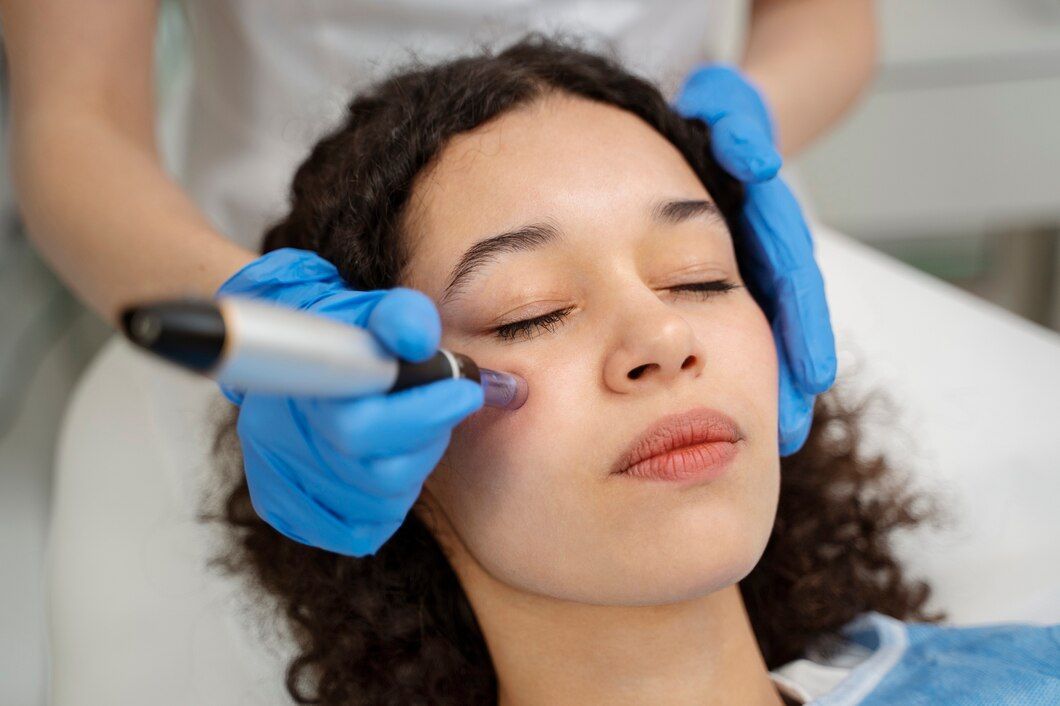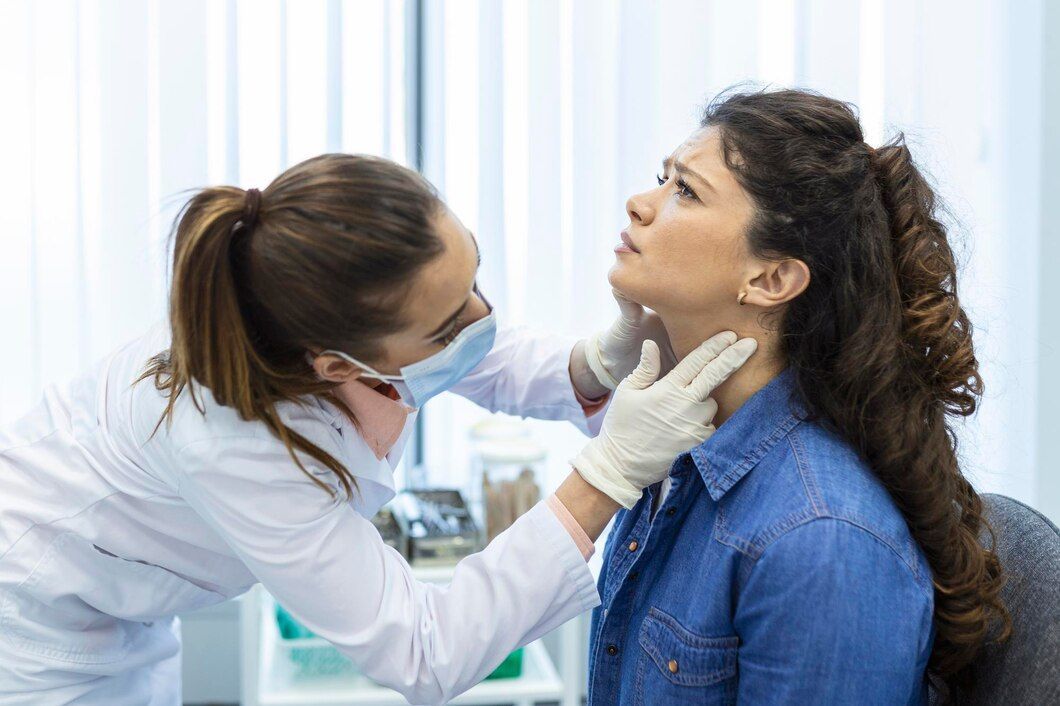Is Hormone Replacement Therapy (HRT) Safe?

Hormone Replacement Therapy (HRT) has been a topic of both interest and debate for many years. While it offers significant benefits for those experiencing hormonal imbalances, concerns about its safety have led to many questions. If you're considering HRT, it's essential to be informed about its potential risks and benefits. Here are answers to the top five questions people often ask about HRT's safety.
1. What Are the Main Benefits of HRT?
HRT is most commonly used to relieve symptoms of menopause in women, such as hot flashes, night sweats, mood swings, and vaginal dryness. In men, HRT often involves testosterone replacement therapy, which can help address symptoms of low testosterone, including fatigue, depression, and decreased libido.
For Women:
- Symptom Relief: HRT can dramatically reduce or eliminate menopausal symptoms, improving quality of life.
- Bone Health: It helps prevent bone loss and reduces the risk of osteoporosis and fractures.
- Heart Health: Some studies suggest that HRT may offer cardiovascular benefits when started early in postmenopausal women.
For Men:
- Energy and Mood: Testosterone therapy can restore energy levels, improve mood, and enhance mental clarity.
- Muscle Mass and Strength: It can help regain muscle mass and strength, which often declines with age.
- Sexual Health: Many men experience improved libido and sexual function.
2. What Are the Risks Associated with HRT?
While HRT has many benefits, it's important to be aware of the potential risks. These can vary depending on the type of HRT, the dosage, the duration of treatment, and the individual's health profile.
For Women:
- Increased Risk of Blood Clots: Certain types of HRT, particularly oral estrogen, can increase the risk of blood clots, leading to deep vein thrombosis (DVT) or pulmonary embolism (PE).
- Breast Cancer: Some studies have found a slight increase in breast cancer risk with long-term use of combined estrogen-progestin therapy. However, the risk appears to be lower with estrogen-only therapy.
- Heart Disease and Stroke: The risk of heart disease and stroke may increase with certain forms of HRT, particularly in older women or those who begin HRT several years after menopause.
For Men:
- Prostate Health: There is some concern that testosterone therapy might stimulate the growth of existing prostate cancer. Men with a history of prostate cancer should discuss the risks with their doctor.
- Cardiovascular Risks: High doses of testosterone can increase the risk of heart disease, particularly in older men or those with pre-existing conditions.
- Sleep Apnea: Testosterone therapy can worsen sleep apnea, a serious sleep disorder that affects breathing during sleep.
3. Who Should Avoid HRT?
HRT is not suitable for everyone. Certain health conditions may increase the risks associated with hormone therapy.
For Women, HRT is generally not recommended if you:
- Have a history of breast cancer, ovarian cancer, or endometrial cancer.
- Have a history of blood clots, heart disease, or stroke.
- Have unexplained vaginal bleeding.
- Are pregnant or think you might be pregnant.
For Men, testosterone therapy is generally not recommended if you:
- Have prostate or breast cancer.
- Have untreated sleep apnea.
- Have severe heart or liver disease.
- Have a history of high red blood cell counts.
4. What Can Be Done to Minimize the Risks of HRT?
If you and your healthcare provider decide that HRT is appropriate for you, there are several steps you can take to minimize the associated risks:
- Use the Lowest Effective Dose: The goal is to relieve symptoms with the lowest dose that is effective for the shortest duration necessary.
- Consider Non-Oral Forms: Transdermal patches, gels, or creams may have a lower risk of certain side effects, such as blood clots, compared to oral forms.
- Regular Monitoring: Regular check-ups with your healthcare provider are essential. This includes monitoring blood pressure, cholesterol levels, and regular screenings for breast cancer (for women) and prostate health (for men).
- Lifestyle Modifications: Maintaining a healthy lifestyle, including regular exercise, a balanced diet, and avoiding smoking, can help mitigate some of the risks associated with HRT.
5. What Should I Discuss with My Doctor Before Starting HRT?
Before starting HRT, it’s crucial to have an open and thorough discussion with your healthcare provider. Here are some key points to cover:
- Your Medical History: Discuss any pre-existing conditions, including a history of cancer, heart disease, or blood clots.
- Your Symptoms: Be clear about the symptoms you’re experiencing and how they affect your daily life.
- Treatment Goals: Define your goals for HRT, whether it's symptom relief, bone health, or improved quality of life.
- Potential Risks: Ask about the specific risks of HRT based on your individual health profile.
- Alternative Options: Explore whether there are non-hormonal options that might be suitable for managing your symptoms.
Conclusion
Hormone Replacement Therapy can be a safe and effective treatment for many individuals, but it's not without its risks. The key to a successful HRT experience lies in personalized care—working closely with your healthcare provider to tailor the treatment to your specific needs and circumstances. By staying informed and proactive, you can make the best decision for your health and well-being.
If you have more questions or are considering HRT, schedule a consultation with your healthcare provider to discuss whether it’s the right choice for you.
Ensure Consistency - Refill Your Hormone Replacement Medication Today!

Contact us today and get personalized treatment without ever having to leave your home.
Navigation
Contact Info
Phone: (725) 444-5575
Email: info@helixhrt.com
Address: 2625 N Green Valley Parkway, Henderson, NV 89014
All Rights Reserved | Helix HRT
Website designed by: Designer 1 Media









